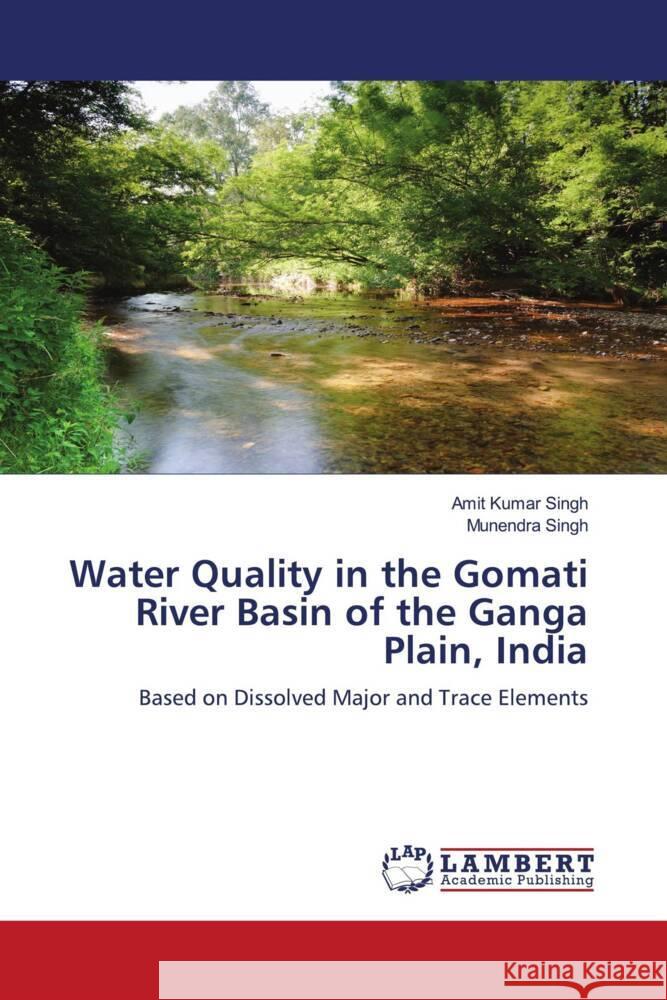Water Quality in the Gomati River Basin of the Ganga Plain, India » książka
Water Quality in the Gomati River Basin of the Ganga Plain, India
ISBN-13: 9783844330434 / Angielski / Miękka / 124 str.
Rivers are the most important freshwater resource playing an important role in human development. In northern India, the 900-km-long Gomati River (the Ganga River tributary) acts as a lifeline for nearly 50 million people heavily dependent on it for their localized sources of food and water supply in the Ganga Plain. The assessment of chemical water quality of the Gomati River System mainly based on dissolved concentrations of major (Ca, Mg, P, K, Si and Na) and trace (Al, As, Ba, Cr, Cu, Fe, Pb, Mn, Hg, Ni, Rb, Sr and Zn) elements is done in this study. Main emphasis is given on the interpretation of resulting data enveloping with geogenic variations and anthropogenic influences. Based on World Health Organisation permissible limits and Swedish bottled water data, the present study concludes that the Gomati River water is chemically of good quality, except for Hg. Discussions provide an environmental understanding of alluvial rivers and also give equally important practical advice on management of the Ganga River. This book has been an invaluable case study for students of earth sciences, environmental sciences and water resource management.











